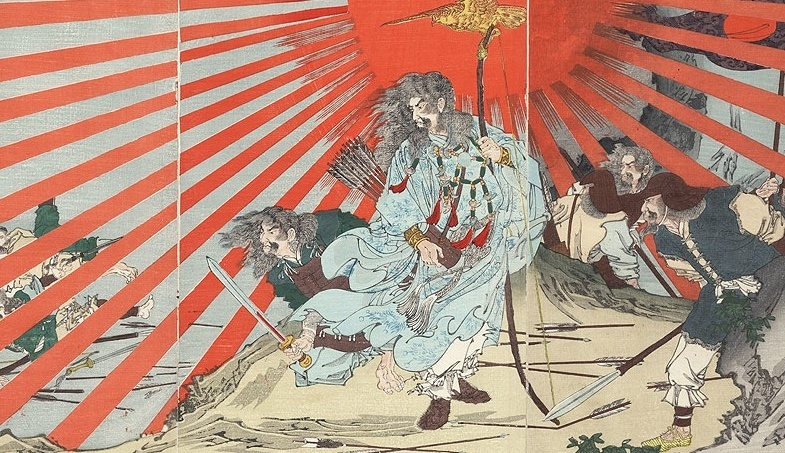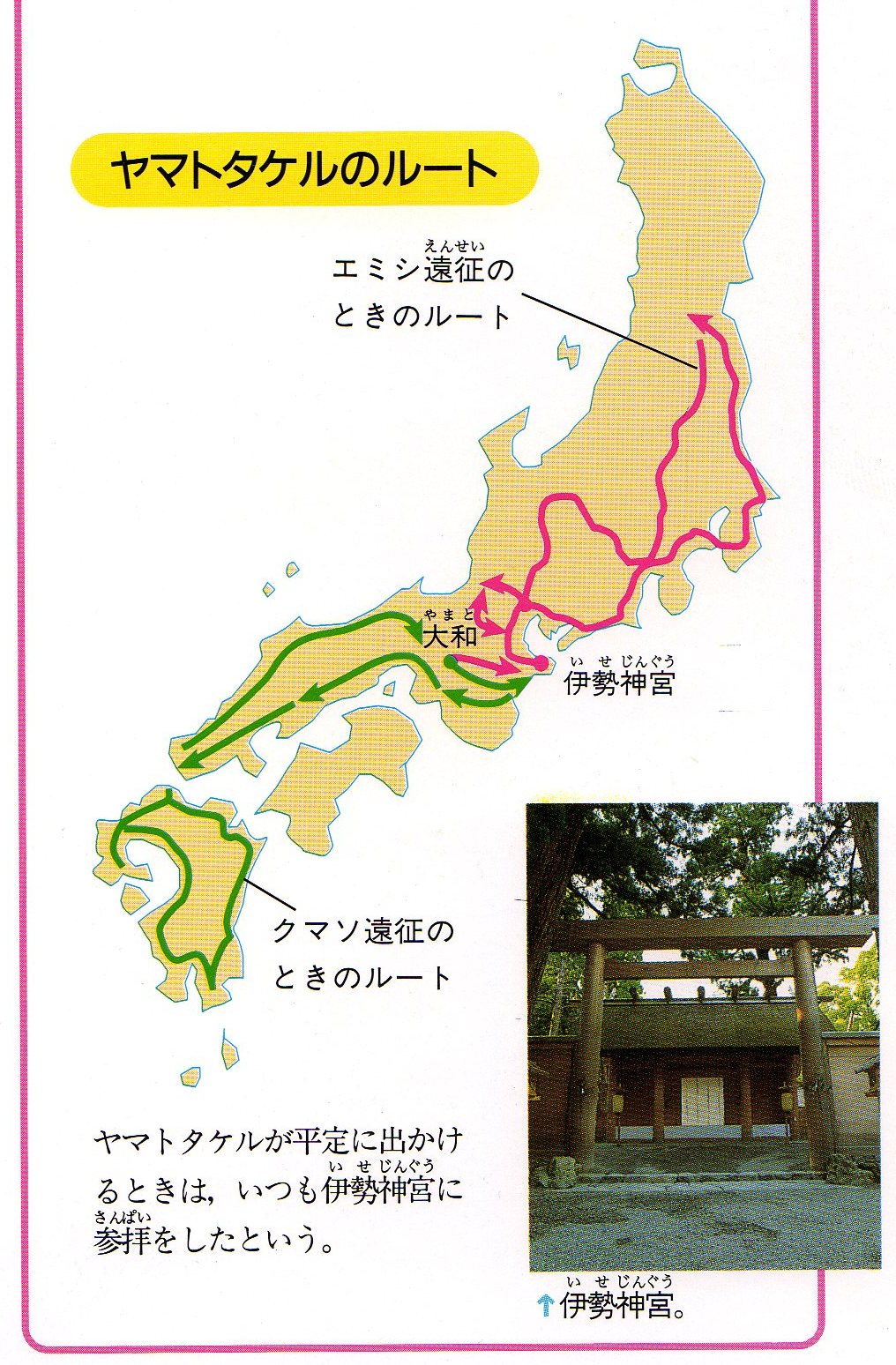Emperor Jimmu was the first emperor of Japan, according to legend. His accession is traditionally dated as 660 BCE. He is a descendant of the sun goddess Amaterasu through her grandson Ninigi
Por um escritor misterioso
Descrição
Stock image 1899-18855962: Emperor Jimmu was the first emperor of Japan, according to legend. His accession is traditionally dated as 660 BCE. He is a descendant of the sun goddess Amaterasu through her grandson Ninigi, as well as a descendant of the storm god Susanoo. He launched a military expedition from Hyuga near the Inland Sea, captured Yamato, and established this as his center of power. Jimmu
Do Japanese deities from mythology have children? If they do, are there demigods like in Greek mythology? - Quora

Jimmu, Aeon clash Wiki
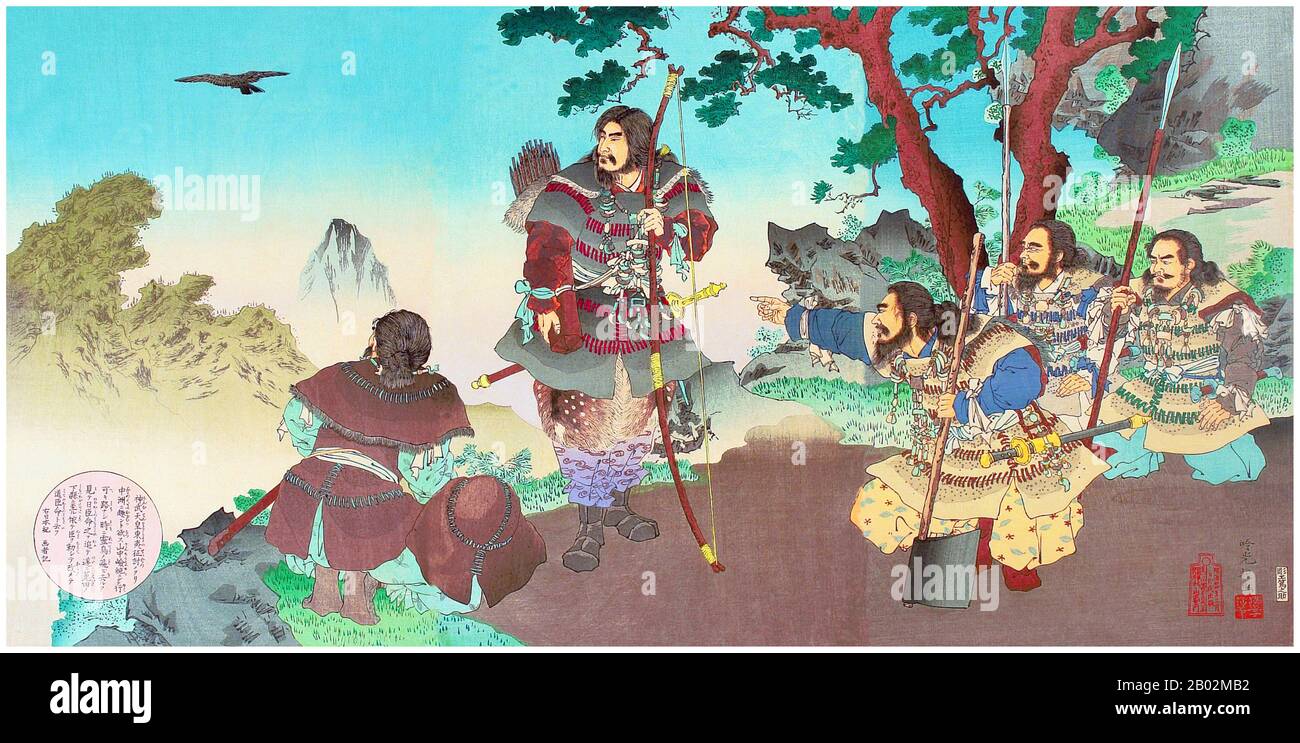
Emperor Jimmu was the first emperor of Japan, according to legend. His accession is traditionally dated as 660 BCE. He is a descendant of the sun goddess Amaterasu through her grandson Ninigi

The Japanese Legend of Emperor Moo by

Ancient Japan - World History Encyclopedia

Emperor Jimmu - Wikipedia
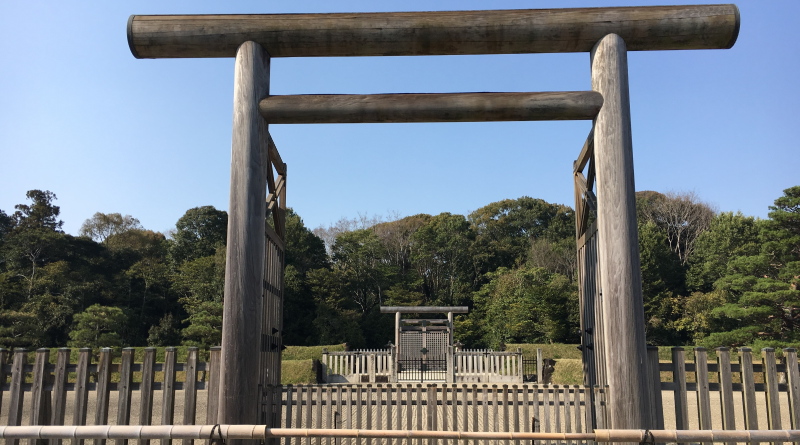
Emperor Jimmu, Japan's First Emperor
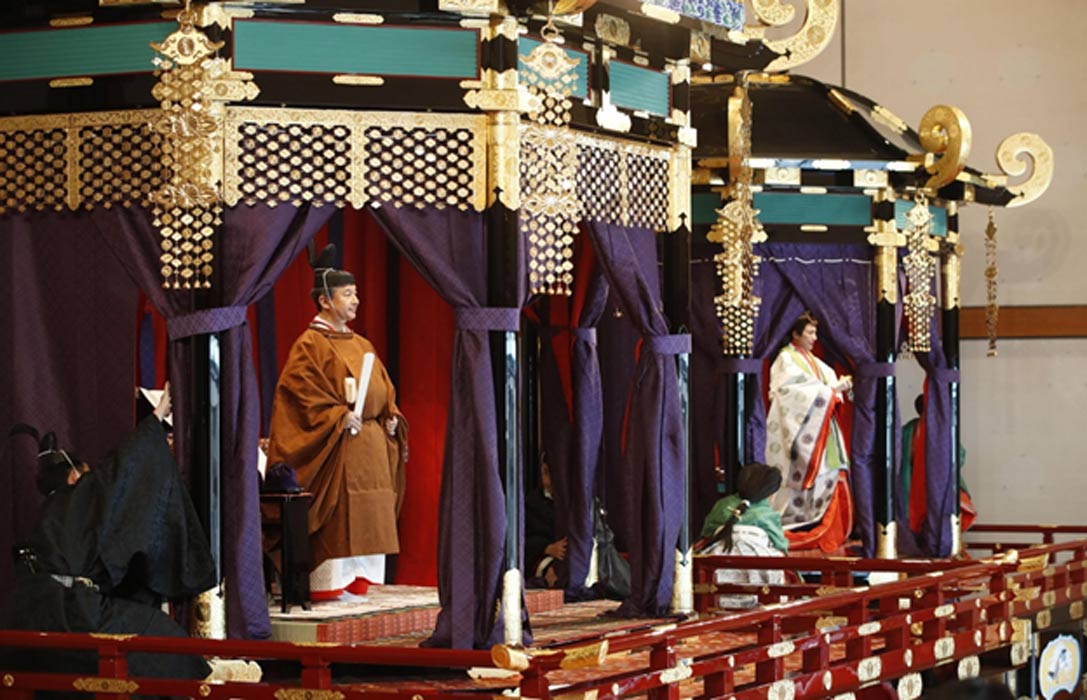
A New Japanese Emperor Takes To The Chrysanthemum Throne
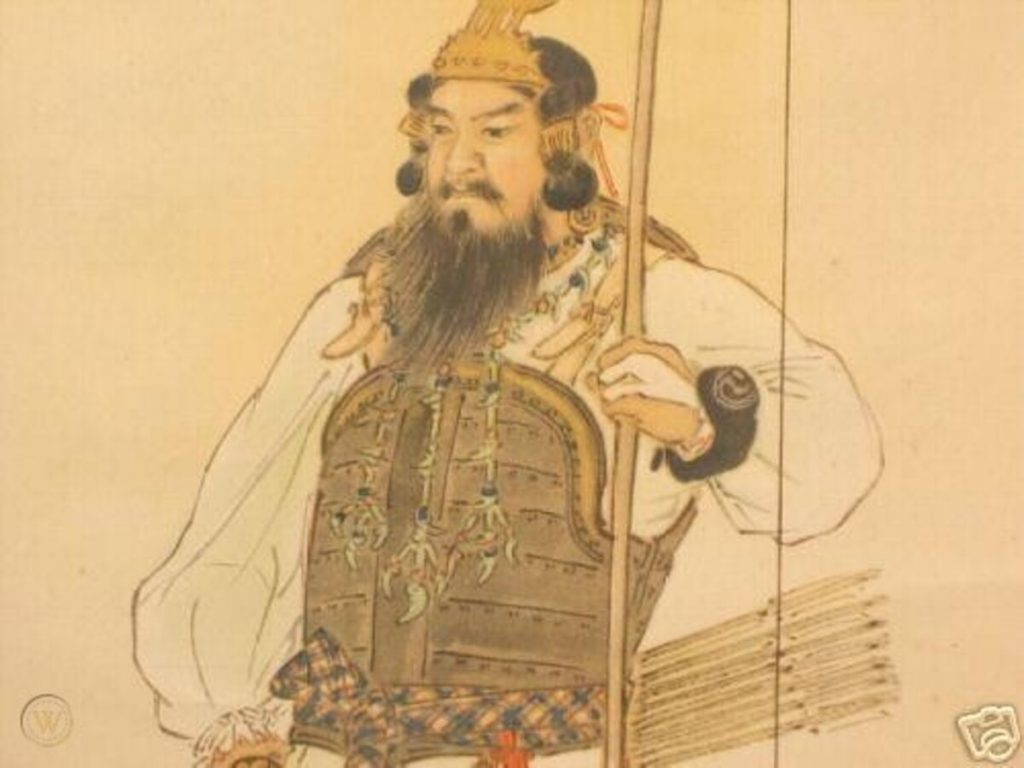
Kamuyamato Iwarebiko: Jimmu, Emperor of Ancient Japan, 660-585 BCE – Brewminate: A Bold Blend of News and Ideas

Jimmu, Emperor, Japan, Mythology

91213-0005 - Emperor Jimmu MeijiShowa, Outside - Vintage Images of Japan

Shugendo - Japanese Mountain Ascetism, Shamanism, En no Gyoja, Enno Gyoja, Esoteric Buddhism, Tendai, Shingon
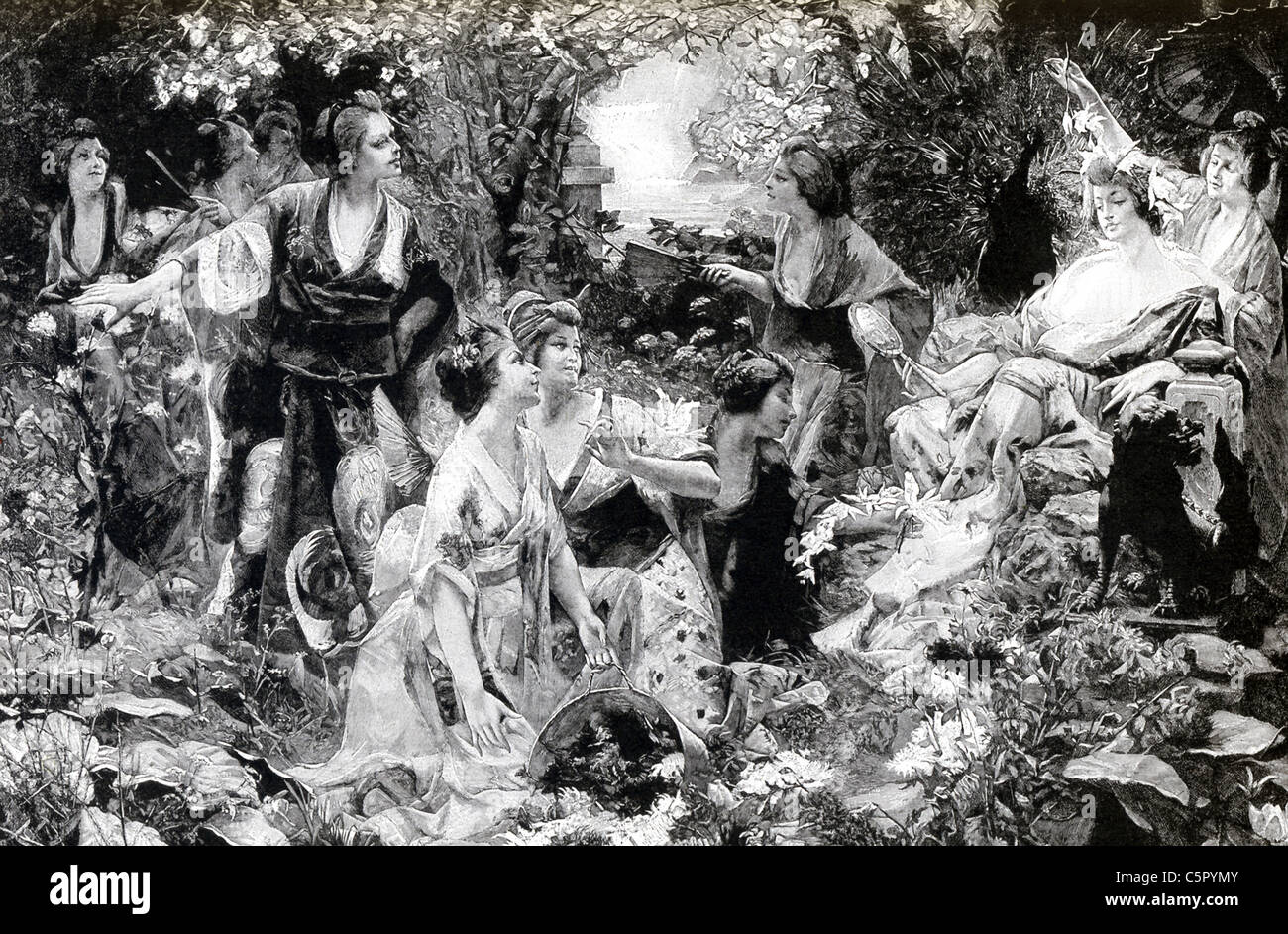
Amaterasu the sun goddess hi-res stock photography and images - Alamy
de
por adulto (o preço varia de acordo com o tamanho do grupo)
